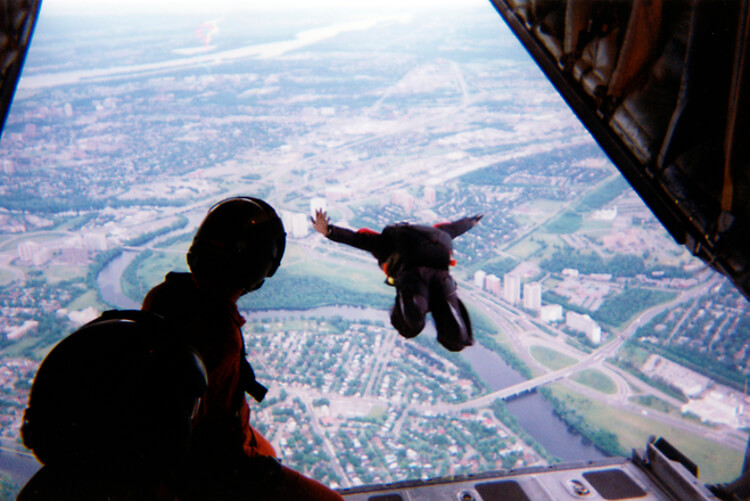Mandy-Rae is an accomplished freediver based in Vancouver, British Columbia. She holds 7 freediving world records and 13 national records. She owns Performance Freediving International where she teaches freediving courses to the general public.
Some interesting insights from this episode:
- Entering a flow state allows you to hyper focus and achieve amazing results.
- The mammalian dive reflex is a survival mechanism we share with whales and dolphins.
- Visualization plays a critical role in the pre-dive planning.
- She views the 14 underwater blackouts including one trip to the ER not as deterrents but as learning experiences.
- Success is as much mental as it is physical.
- Working toward achieving ambitious goals should be fun and enjoyable, not feel like a chore.
- Anyone can be trained to hold their breath for several minutes and dive deep. We all have the potential to push ourselves further than we think possible.
What’s so special about holding your breath under water? Not much if your plan is to dive down 10 feet in a pool while holding your breath for a few seconds. But try going down 500 feet in the ocean while holding your breath for several minutes. That’s what the competitive sport of freediving is all about. It’s about as “pure” a sport as you’ll find. No fancy equipment. No burdensome rules. No crowds. It’s just you and the water and your willingness to see just how far you can push yourself.
So how is Mandy-Rae able to do it? How is she able to submerse herself to depths fifteen times the pressure we experience on dry land while holding her breath many times the average human breath hold? It turns out there’s both a physiological component and a mental one.
Let’s start with the physical. There’s something known as the mammalian dive reflex that humans share with whales, dolphins and most mammalian sea creatures. It’s essentially a survival mechanism that kicks in the minute you submerse yourself in the water. First our heart rate slows way down which reduces oxygen consumption. Next, the blood vessels constrict, reducing blood flow to the limbs while maximizing blood flow and oxygen to the most critical organs in the body – the heart, brain and lungs. Finally, the blood accumulation in the lungs acts as a protective barrier, preventing the lungs from collapsing under extremely high pressure.
As with any endurance sport, the physical element is just half the battle, sometimes even less. The mental toughness is what separates the wheat from the chaff. It is the mental edge which gives champions like Mandy-Rae the ability to set new world records over and over again.
First there is the pre-dive prep. For Mandy-Rae, there is a mental shift that occurs from being a land-based human to a marine animal. It’s not just about the physiological transformation but the mental one. In her own words, you must learn to “become part of the water”. For the next few moments, that underwater world is one in which you must feel very much at home.
Next is the visualization. Just like with skiers going through an entire slalom race, turn by turn, in their heads before they leave the gate, so too does Mandy-Rae go through an entire dive before she ever submerses herself. This exercise includes working through potential issues that may arise during the dive so if and when they happen, she’s already dealt with them and can be calm while working through them.
Finally, she enters what is commonly known as the flow state. This will allow her to focus 100% of her mental abilities on the task at hand. This will remove all external distractions as well as the internal ones – those voices in our head that give us pause and make us second guess ourselves. In the flow state, there is no thinking and there is no feeling. There is just doing. It’s a hyper-focused mental state that allows her to push herself to the limits and achieve extraordinary results.
Why does she do it? What drives her to go deeper toward the ocean depths again and again? For one, it’s fun for her. She truly enjoys going through the rigorous training and discipline it takes to set a new record. She likes seeing how hard she can push herself. But just as importantly, achieving something you once thought impossible can be life changing. She sees this in many of her first time dive students. The breakthroughs they have in the pool change them in profound ways by giving them the confidence to try new things in life and achieve other breakthroughs outside the water.
Mandy-Rae is the first to admit that she has a few physiological advantages that give her a slight edge on her record setting dives. Her lung volume is larger than average and she’s able to equalize her ears rather easily. But her confidence, her attitude, her mindset and her belief in herself are the advantages that any of us can share with her. If there’s something you want in your life and you believe in yourself and apply yourself, there’s nothing holding you back.

